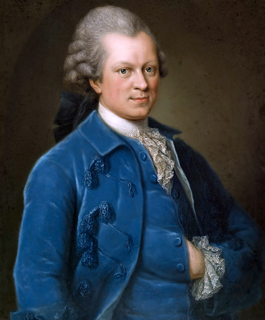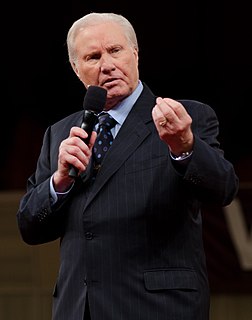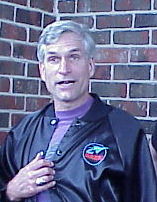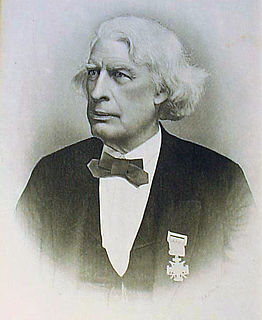A Quote by Mahatma Gandhi
If I were asked to define the Hindu creed, I should simply say: search after Truth through non-violent means. Hinduism is a relentless pursuit after truth.
Related Quotes
We are always hearing of people who are around seeking after the Truth. I have never seen a (permanent) specimen. I think he has never lived. But I have seen several entirely sincere people who thought they were (permanent) Seekers after the Truth. They sought diligently, persistently, carefully, cautiously, profoundly, with perfect honesty and nicely adjusted judgment- until they believed that without doubt or question they had found the Truth. That was the end of the search. The man spent the rest of his hunting up shingles wherewith to protect his Truth from the weather.
I came to the conclusion long ago that all religions were true and that also that all had some error in them, and while I hold by my own religion, I should hold other religions as dear as Hinduism. So we can only pray, if we were Hindus, not that a Christian should become a Hindu; but our innermost prayer should be that a Hindu should become a better Hindu, a Muslim a better Muslim, and a Christian a better Christian.
How did the Turks become Muslim? They became Muslim through the Sufis. The Arabs never conquered the Turks. There were people in early Islam who were speaking like Hallaj, who spoke about the Truth, about reaching the Truth, about being one with the Truth, and not only they were not killed, but they were great heroes of their own culture, and there is a university in Turkey named after one [Sufi Saint.]
Not one of the orthodox ministers dare preach what he thinks if he knows a majority of his congregation think otherwise. He knows that every member of his church stands guard over his brain with a creed, like a club, in his hand. He knows that he is not expected to search after the truth, but that he is employed to defend the creed. Every pulpit is a pillory, in which stands a hired culprit, defending the justice of his own imprisonment.





































